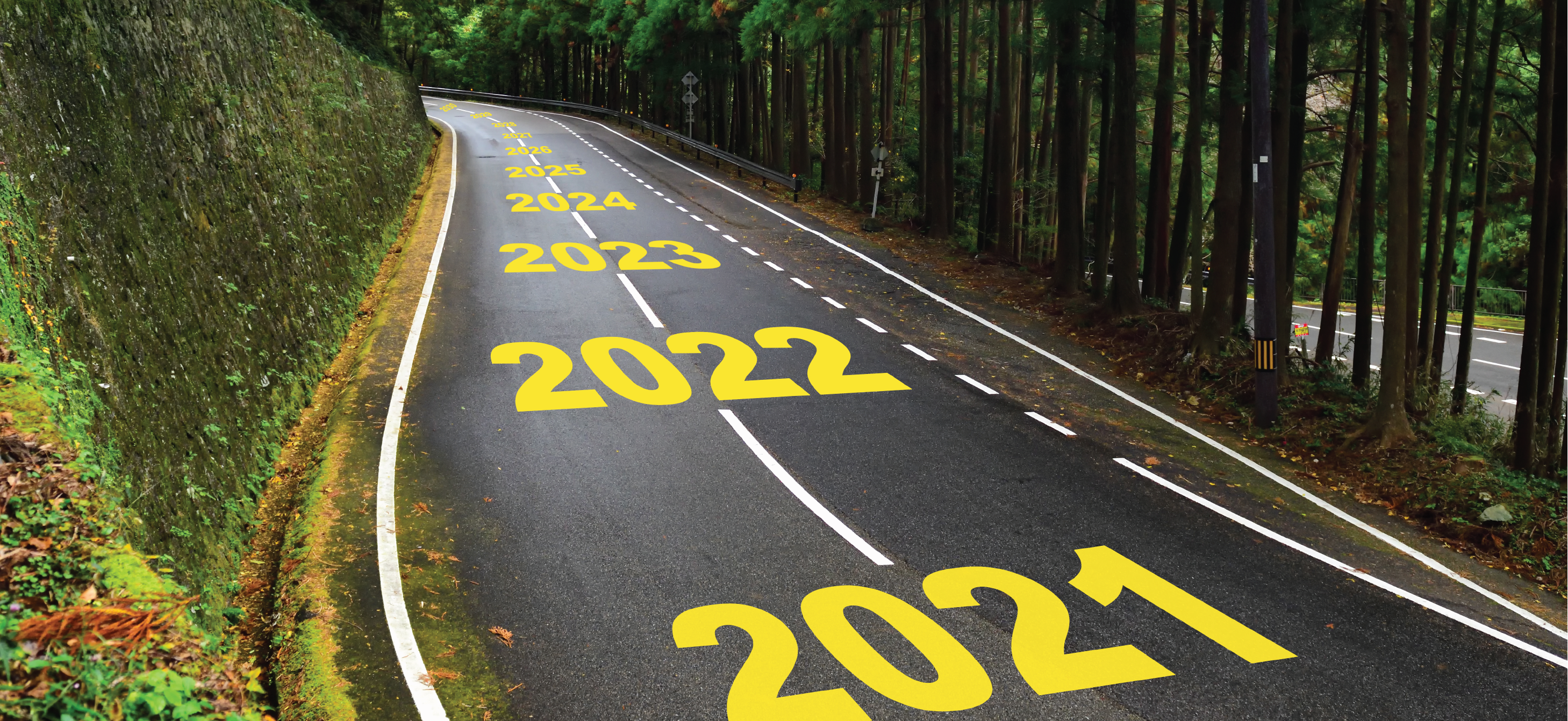The Parish Pastoral Council and Strategic Planning
Most parish pastoral councils operate on a year-to-year basis with little focus on the long-term future. Many are unaware of the community trends which are impacting the parish or the changing patterns of membership, sacramental practice, and finances. Few see the need for a strategy for the future, instead placing their hopes on a return to the “good old days.” Around the country, parishes are dying slow deaths because there is no intentional or organized attempt to change their trajectories. The smaller a parish becomes, the more difficult it is to overcome the forces of decline.
Long-range planning is not something that can be done every year. For parishes who regularly long-range plan, they usually do so every decade. It takes time to develop a plan, organize the implementation, and then get results. That is why it is essential to use the services of someone who has experience in parish or pastoral planning as a consultant. Objectivity is critical in an effective planning effort. Community and parish data need to be analyzed and any recommendations must be grounded in these objective realities. If a parish wants to build a building, they will not proceed without the services of an architect or a design-builder. The same is true if a parish wants to conduct a large capital campaign. They will hire a fund-raiser to determine the financial potential for the campaign as well as conduct the campaign itself. As important as the future is to the parish, why would a planning consultant not be hired?
Here are several important understandings to know before you begin a long-range planning effort.
- It is easier to plan something quantitatively than qualitatively. For example, a number of parishes primary planning experience has been with a building project. Parishes can identify the cost, raise the money, and then watch the building being constructed. These efforts are visible to parishioners and not every parishioner needs to contribute to the project to make it happen. People can see the results of the effort develop right before their eyes.
- Qualitative goals are more challenging to achieve. There are few parishes in the country – although I have run into some – who would not welcome new members, especially young adults. If only all that had to be done was to hang out a sign saying, “new members welcome” or “young adults welcome here.” It takes coordinated effort, resources, formation, and time for parishes to reach out to those who not currently worshiping with them. The level of difficulty also applies if the parish is trying to improve the quality of ministerial programs, such as the academic or formation program in the school or faith formation program.
- Set reasonable and measurable goals. Parishes tend to either establish no metrics to determine whether they are getting results or metrics that are unreasonable. If a parish sets a goal of increasing young adult membership and then does not track those members or see any increase, the strategy which was devised is likely flawed and should be rethought. A parish that wants a 100% increase in young adult involvement in the parish is setting itself up for disappointment. Achievable goals are preferable to “pie-in-the-sky” ones. A future blog will address some of the metrics which parishes should be monitoring and trying to improve.
- A qualified consultant will form the parish pastoral council to monitor and guide the implementation of a pastoral plan. Since “planning for pastoral activity” is the primary role of the council, the members will assist the groups which will directly implement the goals and will conduct the ongoing evaluation of the progress of the implementation.
Most parishes are formed or were formed by some significant population event or events. In most cases, the establishment of a parish followed the population growth in a specific geographical area. In most cases, this was a one-time event as the area was eventually “built out.”. Parishes in metro and city areas thrived, then experienced decline, and now are seeing people return to the cities. Suburban and ex-urban parishes are also experiencing transitions as their populations' age and economic makeup change. Rural parishes have been especially hard hit as the agricultural economy has moved from the small farm to agribusiness leaving few jobs for the young to afford to stay in the area. All these trends and transitions can be addressed by a comprehensive planning process led by a qualified consultant.
Is it time for your parish to develop a strategic plan for the future?


